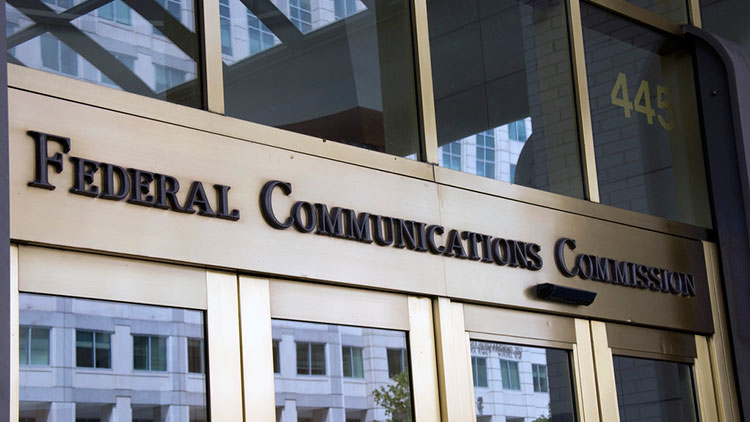Sources: GOP Said to Be Working on Net Neutrality Bill

The smarter way to stay on top of broadcasting and cable industry. Sign up below
You are now subscribed
Your newsletter sign-up was successful
The lobbyist chatter Tuesday (Dec. 19) was that House Republicans are working on a bill that would prevent blocking and throttling of 'net content, which the FCC's net neutrality rule rollback would permit, but would not prevent ISPs from paid prioritization and would preempt states from net neutrality regulation--the latter likely already a nonstarter for Dems--one Democratic staffer agreed--who have already launched an effort to use their regulatory muscle to overturn that rollback.
That comes in response for calls from both Democratic and Republican legislators that Congress needs to step in after the FCC last week voted to reclassify ISPs as Title I information services no longer subject to Title II (common carrier) regs like mandatory access, and to eliminate the regs against blocking, throttling and paid prioritization.
According to sources familiar with the Hill chatter, the bill, which would amend the Communications Act, would also preserve the new transparency requirements on ISP network management and business practices--but those business practices could now not include blocking or throttling--would define what is considered reasonable network management, and give the FCC authority to enforce that.
IPSs have pledged not to block or throttle, while leaving open the possibility of pair prioritization as a service differentiator--a presumption of competition net neutrality activists challenge--and for things like connected cars--prioritizing crash avoidance or crash-scene medical videos over cat videos, for example.
The bill would also make clear that beyond what was specifically in the bill, the FCC would have no other authority beyond the rules established in the bill. That addresses Republican concerns about the FCC using its general congressional authority--under Sec. 706 of the Communications Act--as an implicit grant of net neutrality regulation power. That section says the FCC can regulate if broadband is not being deployed to all Americans in a reasonable and timely fashion.
The FCC under previous chairman, Tom Wheeler, consistently found that because every American could not get broadband, it was not being deployed in a reasonable and timely fashion, finding the current chairman, Ajit Pai, took issue with. Critics of Wheeler saw that finding as a blank check to assert broadband regulatory authority as needed.
The bill would also "clarify" that broadband services, even under Title I, are still entitled to Universal Service Fund subsidies, something some net neutrality advocates suggested was doubtful.
The smarter way to stay on top of broadcasting and cable industry. Sign up below
The new FCC rules--mostly rule rollbacks--won't go into effect until early next year.
At press time, Communications Subcommittee Chairman Marsha Blackburn (R-Tenn.) tweeted that the Open Internet Preservation Act would ensure a free and open "space" saying it simply provided "light-touch" regulation.
No blocking. No throttling. The Open Internet Preservation Act will ensure the internet is a free and open space. This legislation is simple, it provides light-touch regulation so companies can invest and innovate, and make sure our internet is up to 21st century standards.
— Marsha Blackburn (@MarshaBlackburn) December 19, 2017
Contributing editor John Eggerton has been an editor and/or writer on media regulation, legislation and policy for over four decades, including covering the FCC, FTC, Congress, the major media trade associations, and the federal courts. In addition to Multichannel News and Broadcasting + Cable, his work has appeared in Radio World, TV Technology, TV Fax, This Week in Consumer Electronics, Variety and the Encyclopedia Britannica.

